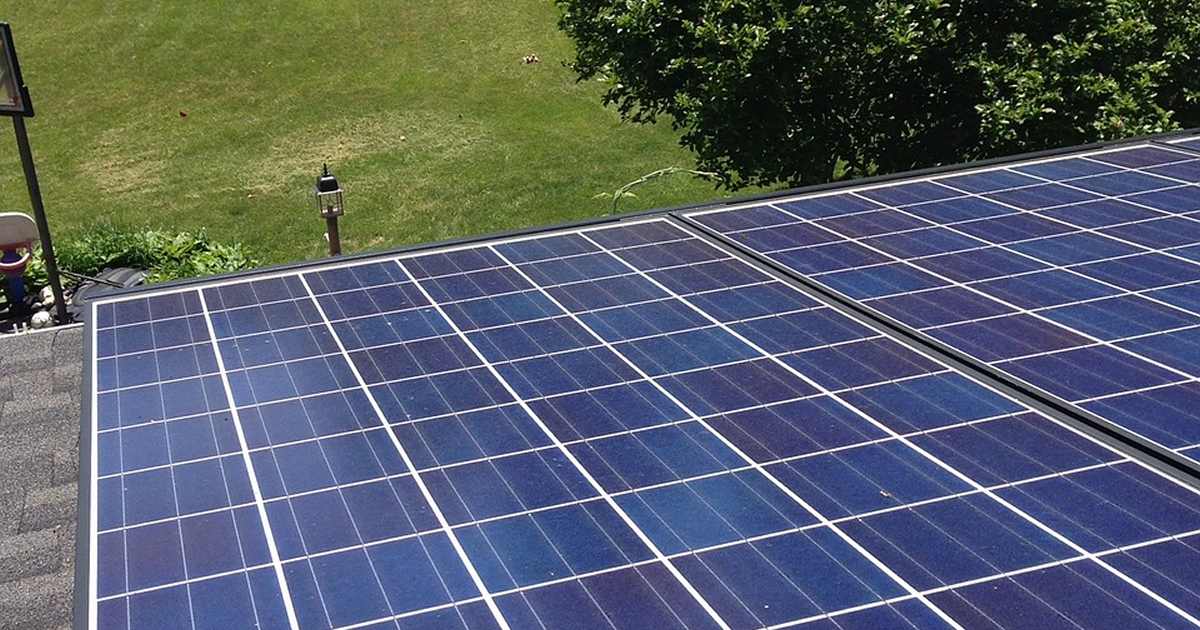
Image: sdblack0
Starting December, solar installers operating in Australia’s NEM states will be required to provide more information about their PV installations and battery installs.
More than 2.2 million grid connected solar power systems have been installed across Australia to date, and home battery installations are picking up pace. The success of solar in Australia is the envy of other countries, but there are challenges in using a mains grid designed as a one-way energy system in two-way mode. One of those challenges SQ’s Ronald wrote about in detail earlier this week – grid voltage rise.
While the proliferation of small-scale solar power systems has been relatively easy to track through information submitted to the Clean Energy Regulator, not all battery system installations have been reported to Network Service Providers (NSPs). The powers-that-be also want more details on the nature of PV systems being installed in order to address the technical and operational challenges accompanying increasing amounts of distributed energy resources connected to the grid.
The Distributed Energy Resources (DER) register has been implemented for Australia’s National Electricity Market, which includes Queensland, New South Wales/ACT, South Australia, Tasmania and Victoria – so Western Australia and the Northern Territory are not included in the initiative.
The register is intended to provide network businesses and the Australian Energy Market Operator (AEMO) greatly enhanced visibility of where and what distributed energy resources are connected, which will assist in planning and operating the NEM’s power system as it continues to transform.
The final rule on establishing the DER was published by the Australian Energy Market Commission last September and it comes into effect on December 1.
In addition to solar and batteries, the DER register will include all forms of small grid-connected generation and storage. However, generators or batteries used only as standby or back-up power and systems registered with AEMO for market participation are exempt.
Impact On Solar Buyers And Installers
For Australians installing solar, there will be no impact – there’s nothing they need to do.
For installers, they’ll be required to provide up to an additional 13 items of information to NSPs. Some of the new information to be captured will include inverter manufacturer, model and serial numbers.
A Network Service Provider will then need to communicate information provided by an installer to the Australian Energy Market Operator (AEMO) within 20 days of a system being connected to the grid.
The way the data is to be collected will vary from state to state – the following fact sheets explain the processes as they currently stand.
• Queensland
• New South Wales
• South Australia
• Tasmania and Victoria
The AEMO says:
“The DER Register system is designed to draw information from available data sets, such as the Clean Energy Council’s approved product databases, to streamline data provision. Installers will be mostly be asked to confirm information, rather than enter it.”
The DER And Privacy
According to an AEMC fact sheet, there are provisions for the sharing of disaggregated information with network businesses in their network area, subject to privacy laws and protected information provisions in the National Electricity Law.
The AEMO will also be obligated to report publicly relevant information from time to time at “an appropriate level of aggregation” and be permitted to relay relevant information to emergency services for the purposes of attending to an emergency, or for emergency planning purposes.
Further information on the Distributed Energy Resources register can be found here.

 RSS - Posts
RSS - Posts



Speak Your Mind